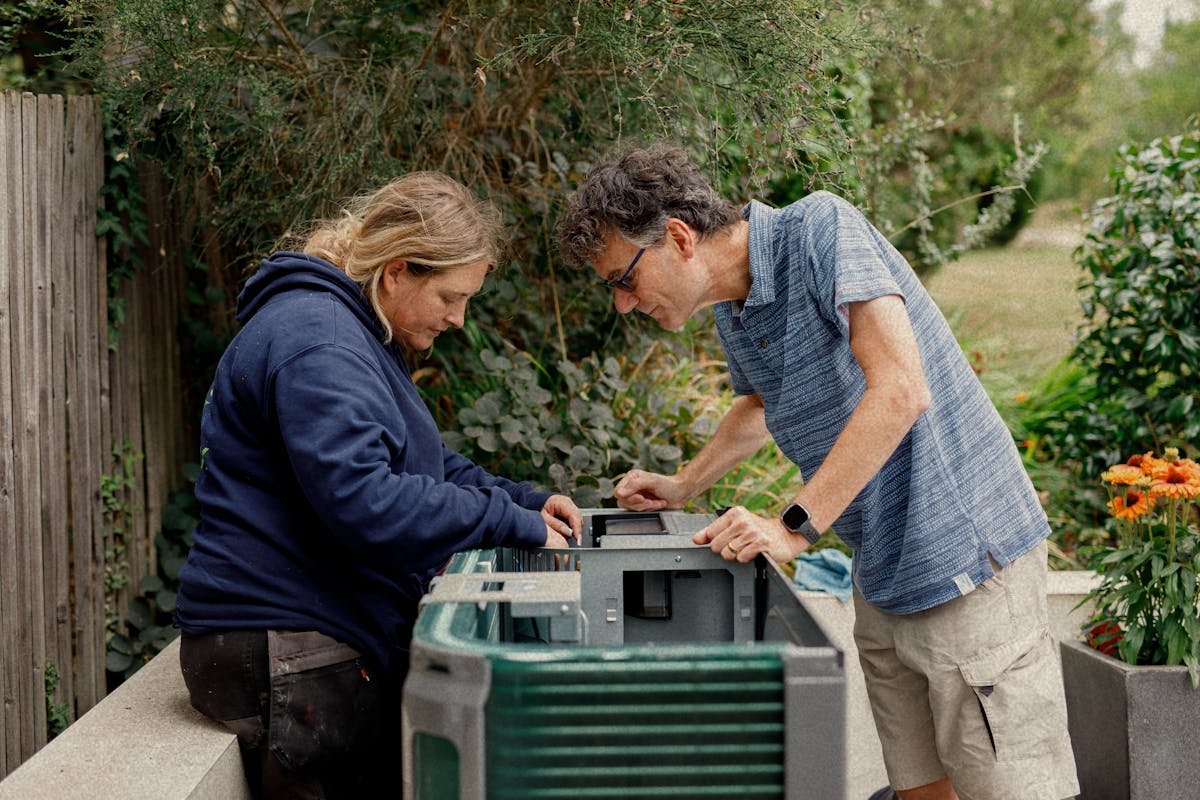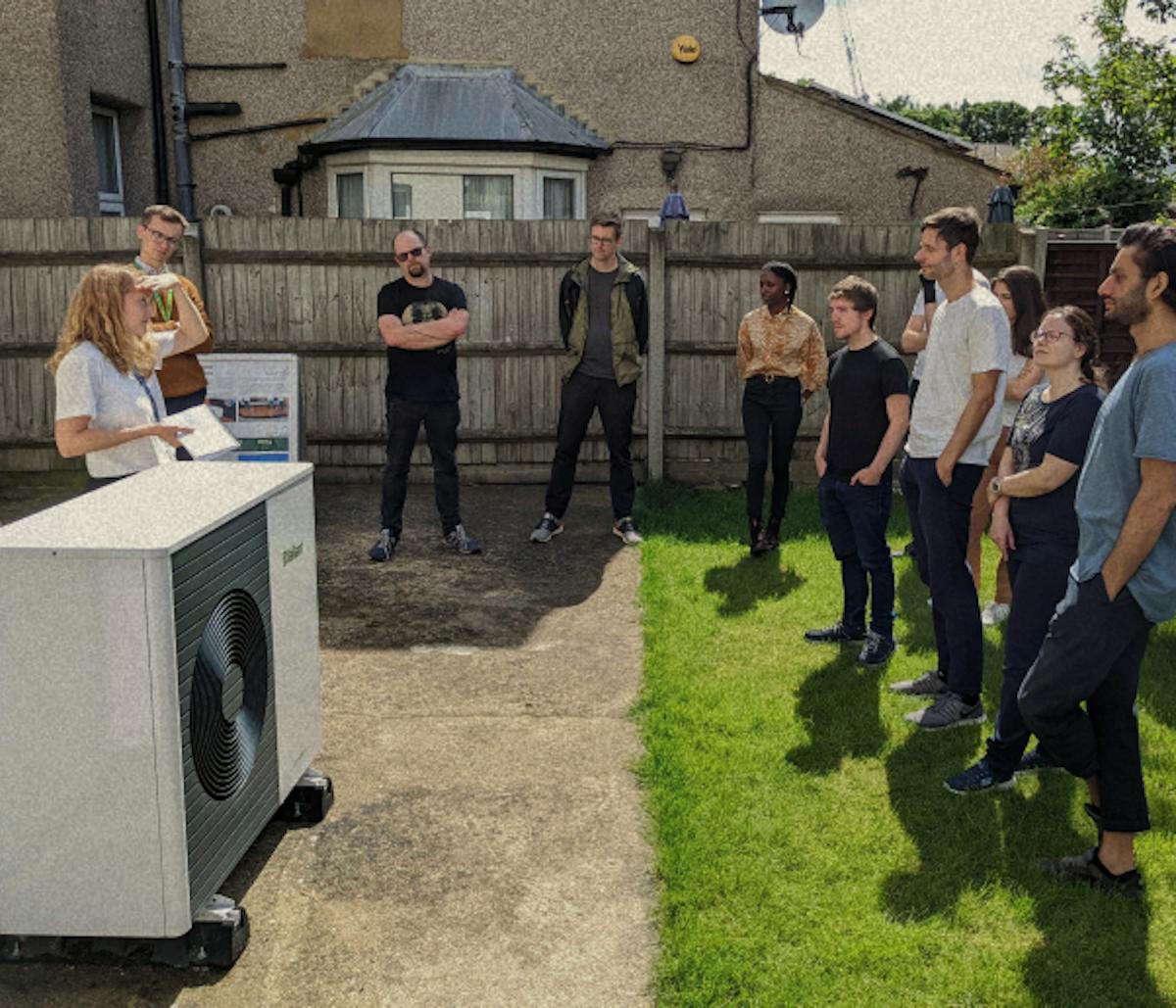For too long, many have tried to frame the net zero conversation through the prism of moral absolutism. Abstract ambitions, which while lofty, do little to persuade policy makers or the public. That’s a recipe for disaster and we are beginning to see the political pushback to that.
At a time when household budgets have been squeezed for the last 10 years, our journey to a lower carbon future must balance environmental goals with the need to take the public on the journey with us. The route to do that is simple, we have to deliver lower energy bills – and fast.
Extending the current salary sacrifice schemes setup for cycling and electric cars to include home heating products such as heat pumps, home solar and battery storage is the perfect way to do that.
This model has already proven beyond doubt its effectiveness, notably through the widespread adoption of electric vehicles in recent years. Critics said EVs were too expensive, they were experimental, that they’d never catch on – salary sacrifice changed all that.
Salary sacrifice transformed the electric vehicle market from a niche interest into a mainstream reality, proving that affordability drives adoption.
This increase in demand fuelled the building of a new industry, creating high skilled jobs and changing the outlook of the country. Demand has led to supply chain investment and innovation, and this has driven down the cost of products to consumers through economies of scale. The result is that the price of EVs will be at price parity with their carbon equivalents in 2026, a 50% price reduction in just 5 years.
Last year, almost 20% of new cars sold were electric, with 40% of them were purchased through salary sacrifice. Our research shows that employees who have access to EV salary sacrifice schemes are 3-4 times more likely to make the switch, over those without access to financial support. This isn’t simply a theory - it is proven to work. These numbers should give some indication on the potential impact that extending this model will have in the home heating space.
What makes this even more of a no-brainer is that funding for this already exists within the Warm Homes Plan. The Treasury will only feel the benefits of it, without having to provide additional funds at a time of immense fiscal constraints. This plan will immediately begin to lower household bills, lower roll out costs, and give a much-needed boost to UK industry and supply chains.
The extension of salary sacrifice would show decisive action on net zero and is a clear and tangible way for the government to lower bills for consumers immediately. It sits in the rare policy sweet spot by being effective, popular and affordable - the rare holy trinity of politics.
At a time when many have lost confidence that politics can be a force for good, that it can make a difference to people’s lives, this small step gives the government an opportunity to show leadership on net zero and deliver real world cost-of-living support at no additional cost to the taxpayer – a win-win scenario the public can get behind.









